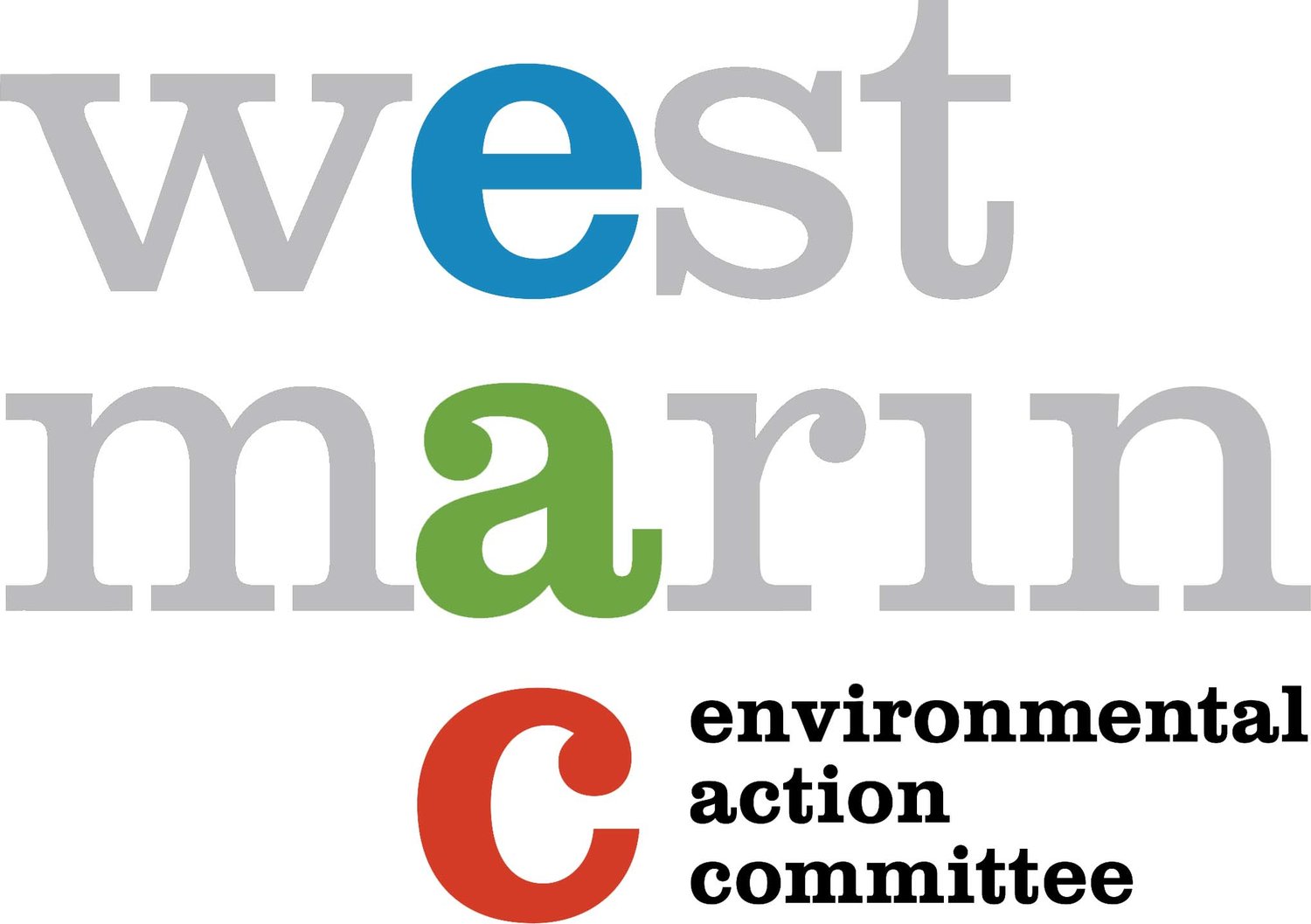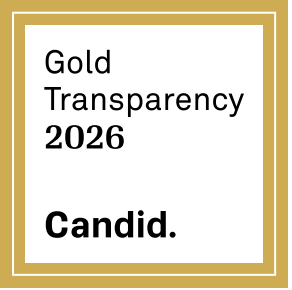Responsible Aquaculture Development
We monitor coastal development, focusing on Tomales Bay and other West Marin estuaries and watersheds. This includes monitoring coastal development permitting under the California Coastal Act by the California Coastal Commission and leasing by the California Fish and Game Commission. Our recent focus has been on aquaculture, one of Tomales Bay’s primary commercial industries.
You may be surprised to learn that Tomales Bay is an impaired water body. This is due to pollution primarily stemming from agriculture, septic systems, heavy metals, and road runoff. Consequently, the bay's condition makes it unsafe for some recreational activities and shellfish consumption, posing significant public health concerns.
To ensure Tomales Bay remains healthy and thriving, we advocate for protecting wildlife and sensitive habitats from harmful industrial, commercial, and unsustainable recreational development activities. We fight for consistent management strategies, enforcement, and strong permit conditions and engage with state resource management agencies to improve oversight, compliance, and planning guidance.
Federal Advocacy
Starting in 2022, we have spearheaded advocacy and engagement regarding oversight around the development of federal offshore aquaculture opportunity areas (AOAs) and National Oceanic and Atmospheric Administration strategic planning regarding aquaculture expansion. This work matters because decisions made for federal aquaculture leasing can impact California’s coastal resources and would not be subject to the same regulatory framework.
We also monitor state and federal legislation and litigation around aquaculture permitting and fees. Consistent public participation to watch these items annually is important to understand whether or not these opportunity areas or AOAs are defined off of Marin’s coastline.
California Advocacy
State policy decisions impact Tomales Bay. For this reason, we fight for consistent statewide industrial, agricultural, and commercial development policies, regulations, legislation, and guidance. Part of this work has included coordinating a statewide nonprofit coalition to monitor, respond, and collaborate to protect habitats and species.
Some of our California advocacy includes successfully advocating statewide guidance for new commercial leasing, pushing for a coordinated Ocean Protection Council aquaculture action plan, and advocating for commercial and aquaculture best management practices. Our goal is a coordinated and consistent approach to aquaculture management that protects our precious coastal habitat in West Marin and beyond.
Learn More about our Statewide Campaigns:
Two of our main statewide campaigns include:
Advocating for a coordinated aquaculture action plan that protects habitat and native species. 2022 Joint Action Plan Comments.
Successfully initiated and currently lead a California NGO aquaculture coalition advocating for the California Fish and Game Commission’s adoption of first-of-its-kind public interest aquaculture guidance. These new guidelines ensure that agencies evaluate factors like impacts on sensitive coastal environment, eelgrass habitat, recreation, and navigation when leases are sited. Read More.
In the past, we also advocated with partners including local operators for statewide Best Management Practices for aquaculture to the Fish and Game Commission. This process was subsumed by Coastal Commission permitting update process and has informed our current campaign work.
Aquaculture Leasing
California Fish and Game Commission: Leasing
The Fish and Game Commission is responsible for issuing new aquaculture leases and reviewing lease amendments. Potential leases are subject to review under the California Environmental Quality Act. EAC monitors new aquaculture leases with a focus on Tomales Bay. This also includes ensuring that leases consider potential environmental and recreational impacts on sensitive coastal environments, eelgrass habitat, recreation, and navigation. Due to our advocacy, the California Fish and Game Commission has adopted the first-of-its-kind public interest aquaculture guidance, which they will begin implementing in 2024 with pending lease review. Read More.
Since 2017, we have monitored leasing and lease amendments. Read more below.
Proposed Lease for Tomales Bay: San Andreas Shellfish Co.
At the end of 2016, a new aquaculture lease application was submitted to the Fish and Game Commission (FGC) for consideration by the San Andreas Shellfish Co., which is the first new lease proposal in Tomales Bay in over 25 years. The 2017 application and 2021 application proposes a lease in an area that will likely impact harbor seals, birds, eelgrass, vessel traffic, and public access. EAC testified at the February 2017 Fish and Game Commission hearing, requesting a re-submittal. Despite our testimony, the FGC marked the application as received, primarily as a procedural matter. San Andreas Shellfish submitted a draft proposal to CDFW in September 2019.
In 2024, the applicant submitted a revised application for vetting at the Fish and Game Commission Marine Resources Committee in November. EAC spoke at the meeting voicing several continued concerns. The next steps include consideration at the FGC Tribal Committee in December as well as the applicant beginning the process under the California Environmental Quality Act (CEQA). There will be additional public comment opportunities.
According to regulations, "No state leases shall be issued unless the [Fish and Game] Commission determines that the lease is in the public interest in a public hearing conducted in a fair and transparent matter, with notice and comment.…" This public interest determination will be made after CEQA.
We continue to be fully engaged in the public process surrounding this lease application advocating for public interest criteria and habitat and species protection to the FGC, CDFW, the California Coastal Commission, the Greater Farallones National Marine Sanctuary, and other Tomales Bay advocates and stakeholders to ensure the proposed lease does not harm coastal resources. We will inform our members of the application status, next steps, and opportunities for public involvement in online action alerts.
Learn More:
-
The Fish and Game Commission put all aquaculture leasing on hold in 2020. This was partly due to capacity and a need to review their regulatory structure.
In March 2020, the Fish and Game Commission’s Marine Resources Committee (MRC) scheduled a meeting to discuss the possible recommendation for a temporary hiatus in considering new lease applications. EAC’s comments supported this hiatus for environmental reasons and recommended that the moratorium also apply to lease applications like San Andreas Shellfish’s application that have not yet been found to be in the public interest.
In June 2020, the Fish and Game Commission adopted the temporary moratorium but decided to exempt applications already received, such as San Andreas Shellfish. The hiatus was lifted in April 2021, and a general update on existing leases and projects under review was provided at the June 2021 F&G Commission meeting.
At the April meeting, we requested an update on pending leases. As of October 2021, CDFW staff was reviewing some March 2020 additional information submitted by the applicant, San Andreas Shellfish. The hiatus was lifted in 2021. Read More.
Aquaculture Permitting
California Coastal Commission: Coastal Development Permits
Since 2018, the California Coastal Commission has updated and issued Coastal Development Permits (CDPs) to aquaculture operators statewide, including in Tomales Bay, where our focus is. We engaged to champion strong and enforceable conditions to protect sensitive habitats and species, like eelgrass, herring, shorebirds, and marine mammals, and to include best management practices to reduce marine debris and other harmful impacts on habitat.
We accomplish this work by participating in the public processes for permit condition review and discussing our concerns with Coastal Commission staff and aquaculture operators directly.
There are many related permitting agencies and jurisdictions for state aquaculture including the Water Board, the Public Health Department, and the County. Our focus has been on the Coastal Commission permitting process and conditions with a focus on habitat protection in Tomales Bay. Read EAC’s 2020 comments to the Water Board regarding Hog Island Oyster Company’s 401 Water Quality Certification under the Clean Water Act.






